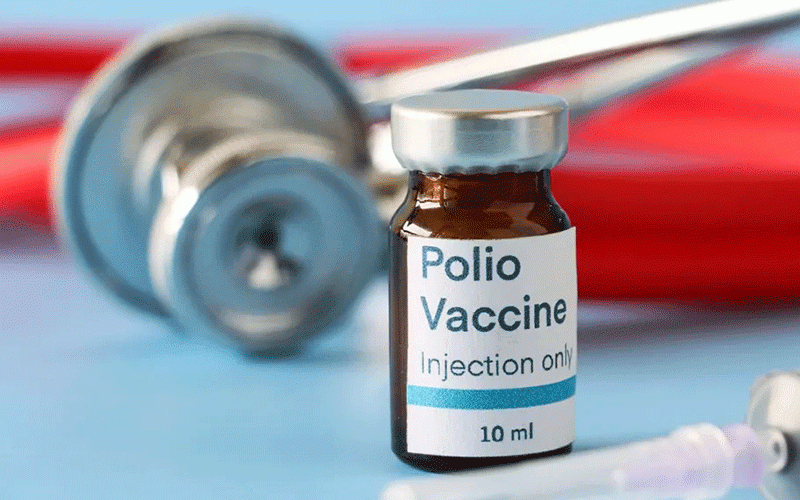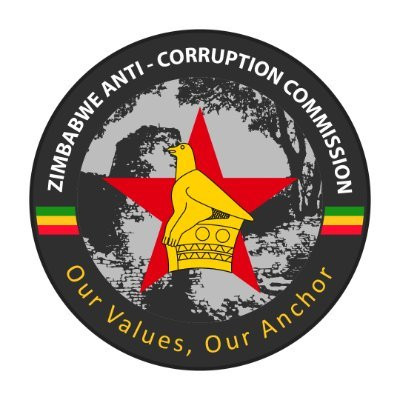
Cecilia Karume, a nurse aide at one of the busiest primary health care clinics on the outskirts of Harare, said a high turnout of children during the ongoing nationwide polio SIA vaccination campaign has seen her going beyond the call of duty. Karume works as a records keeper at Tariro Satellite Clinic in Hopley.
“The parents are coming in large numbers to get their children vaccinated,” she said.
“I find myself skipping tea or lunch breaks most of the time because I can’t leave the room when it is full of people waiting to be served”.
“I have to sacrifice because the campaign is significant to protect our children. What makes it easier for more is that the working environment here at Tariro is excellent.”
With support from partners, the Ministry of Health and Child Care (MOHCC) conducted the second round of the campaign from December 1 to 4, 2022, with indications that it was an overwhelming success. Over 2,5 million children aged six to 59 months will be targeted.
This second round of the polio vaccination campaign is integrated with COVID-19 vaccination to reach all eligible people aged 12 years and above.
The aim is to boost the population’s immunity against polio and to mitigate the risk of polio importation into Zimbabwe after the Wild Polio Virus (WPV) was detected in neighbouring Mozambique and Malawi.
All of Zimbabwe’s ten provinces and 75 districts are implementing the campaign using three strategies, namely fixed post, house-to-house, and mobile outreach.
- Blanket Mine revenue rises 37%
- Beware of corporate psychopaths in leadership positions
- Marondera youths amplify voice on vaccine
- Mnangagwa threatens forced vaccinations
Keep Reading
The first round of the polio SIA vaccination campaign was held between October 27 and 30, 2022, with the same targets as the first round.
The successful rollout of the vaccination campaign has been made possible by Unicef and other partners, working in partnership with the government of Zimbabwe through support from the Global Polio Eradication Initiative (GPEI). Unicef mainly supports communication, social mobilisation, cold chain and vaccine management services.
Zororo Kawondera, the only vaccinator at Tariro Satelite Clinic, said the turnout was excellent because the Hopley community had received the message about the importance of having children vaccinated against polio.
“The response has been overwhelming,” Kawondera said. “I have been handling over 135 people a day, and I don’t have the burden to explain the importance of the exercise because the parents are well informed.”
Brian Shoko, who had accompanied his wife to the clinic to vaccinate their 10-month-old twin daughters, said he saw it as his duty as a father to protect his children against polio.
“We are being handled very well here at the clinic,” Shoko said. “I had to accompany my wife here because it is my duty as a father to ensure that the children are vaccinated against polio.”
Robert Swedi, a vaccinator in the mobile vaccination team from the Tariro Satellite Clinic, said the second round of the vaccination campaign was running smoothly. Still, there was a need for more social mobilisation, primarily through mainstream media such as radio.
“In communities such as Hopley, people mainly rely on radio for information about national programmes such as the vaccination campaign,” Swedi said.
“Some of the people we have been encountering during the door-to-door campaigns are sceptical because they say they did not hear about the programme on the radio, but they eventually agree to vaccinate their children after we speak to them.”
Constance Mataire, sister-in-charge at Tariro Satellite Clinic paid tribute to Unicef and its funding partners for ensuring that the polio vaccination campaign met its targets.
“We appreciate the support from Unicef and its partners very much,” Mataire said.
“Our teams are very motivated because they have been provided with adequate resources for the campaign to be a success.”
Her teams target vaccinating 37 566 children from areas such as Hopley, Southlands, Stoneridge, Eyecourt, Southlea Park, Amsterdam, Ushewokunze, Fidelity and Ivory Park.
“The team spirit has been excellent, and we will surpass our targets,” Mataire added.
“This time, we have been provided with five vehicles to cover most of this area, which is semi-rural. However, it would have been more convenient to assign one vehicle per team as there are so many hard-to-reach locations in Hopley.”
Brian Shoko, who had accompanied his wife to the clinic to vaccinate their 10-month-old twin daughters, said he saw it as his duty as a father to protect his children against polio.
The vaccination campaign involves the administration of multiple rounds of supplementary doses of the oral polio vaccine to all at-risk children to boost protection levels and avert the importation of the virus from affected countries.










